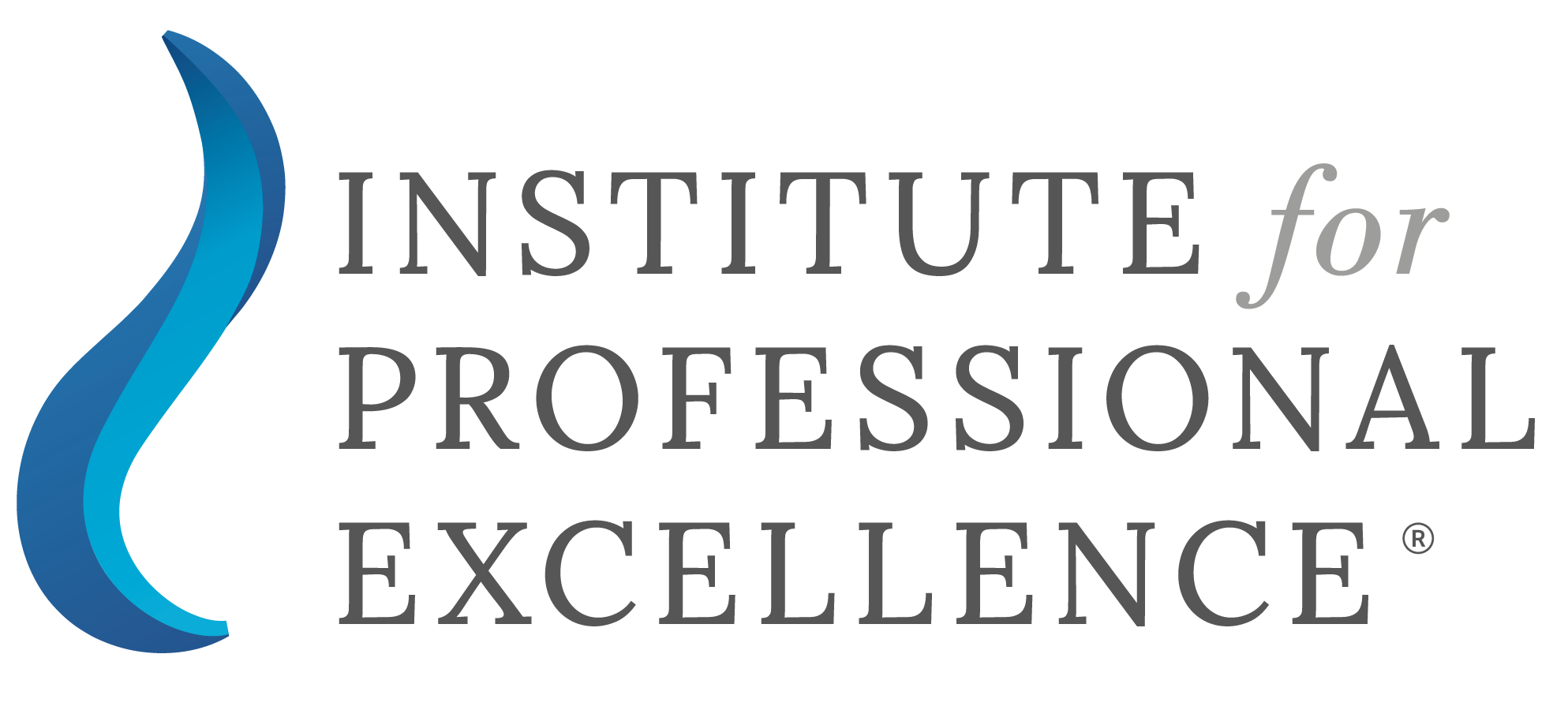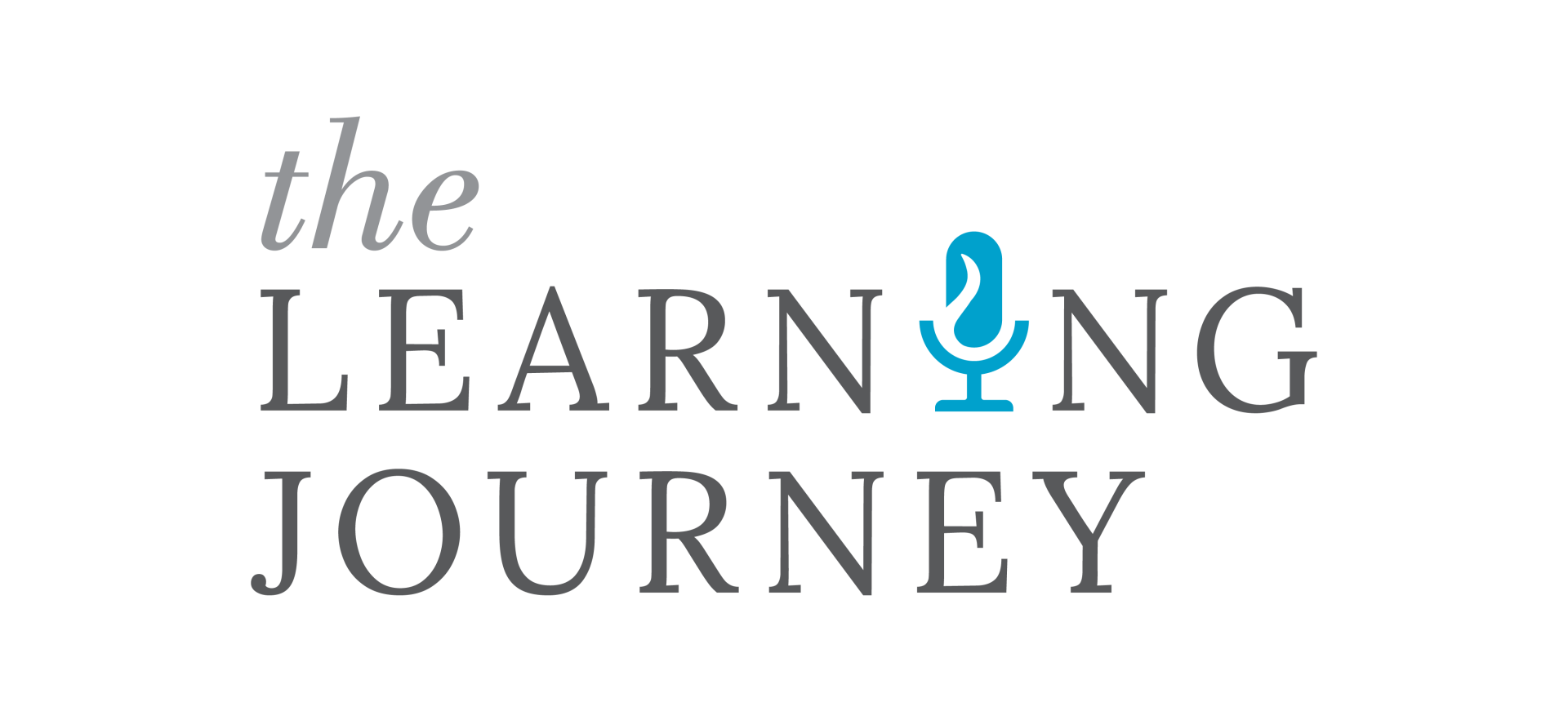Oct 21
/
Viktoria Soltesz
Mastering Online Payment and Banking: Key Skills for Professionals
about the author
With over 15 years of experience in the payments market, Viktoria has built a vast network of banks and financial providers through her expert guidance on diverse payments and banking options.
As an expert in the ever-evolving payment landscape, Viktoria provides personalized consulting services, including the development of comprehensive payment plans, international fund transfers, risk reduction, fee renegotiation, tax and cash flow optimization, and overall payment/banking setup.
As an expert in the ever-evolving payment landscape, Viktoria provides personalized consulting services, including the development of comprehensive payment plans, international fund transfers, risk reduction, fee renegotiation, tax and cash flow optimization, and overall payment/banking setup.
The rapid advancements in digital technologies have transformed not only how businesses operate but also how they collect and transfer money. Payments and banking affect every area of operation, including risk, compliance, customer experience, technology, data security, marketing, and product development, and can no longer be handled as a supporting function of finance. As online transactions and digital currencies continue to evolve, staying updated on the latest industry standards is crucial for professionals who want to remain compliant and competitive. This shift is creating both challenges and opportunities for businesses as managing international payments and making informed decisions around risks, fees, timelines, and complex regulatory frameworks can be very confusing.
The Institute for Professional Excellence (IforPE) offers an intensive 5-hour CPD course, “Online Payment and Banking,” designed to equip professionals with a solid understanding of the theory and practices in the online payment and banking sector. The course is ideal for CySEC-certified professionals aiming to complete their annual CPD requirements, but it’s also beneficial for lawyers, accountants, and others working in or with regulated entities. The course, led by Viktoria Soltesz, covers a wide range of topics, including the history of banking, the evolution of compliance, the role of central banks, and various payment methods.
Through this blog post, we highlight the critical aspects of the online payment and banking industry and how this course provides professionals with the essential tools to navigate the complexities of this evolving landscape. By the end of the course, participants will gain practical skills that are vital for implementing effective payment, banking, and risk management strategies.
The Institute for Professional Excellence (IforPE) offers an intensive 5-hour CPD course, “Online Payment and Banking,” designed to equip professionals with a solid understanding of the theory and practices in the online payment and banking sector. The course is ideal for CySEC-certified professionals aiming to complete their annual CPD requirements, but it’s also beneficial for lawyers, accountants, and others working in or with regulated entities. The course, led by Viktoria Soltesz, covers a wide range of topics, including the history of banking, the evolution of compliance, the role of central banks, and various payment methods.
Through this blog post, we highlight the critical aspects of the online payment and banking industry and how this course provides professionals with the essential tools to navigate the complexities of this evolving landscape. By the end of the course, participants will gain practical skills that are vital for implementing effective payment, banking, and risk management strategies.
What is
the difference between historical and modern banking systems?
The banking industry has undergone significant changes, evolving from barter systems to complicated digital payment networks. Key historical developments such as the creation of fiat currency, the introduction of central banks, and the rise of digital assets are crucial to understanding today’s global financial system.
The banking industry has undergone significant changes, evolving from barter systems to complicated digital payment networks. Key historical developments such as the creation of fiat currency, the introduction of central banks, and the rise of digital assets are crucial to understanding today’s global financial system.
- Barter System: One of the earliest forms of
trade, where goods were exchanged directly without using money. Although
inefficient, it laid the foundation for commodity-based and later fiat
currency systems.
- Fiat Currency: Government-issued money that
is not backed by a physical commodity like gold. Instead, it relies on
trust in the government. This form of money offers more flexibility in
managing economies but can be subject to inflation.
- Digital and Crypto Assets: Today’s financial landscape includes digital assets like e-money, tokenized assets, and cryptocurrencies like Bitcoin. These developments are shaping the future of money, with potential innovations such as Central Bank Digital Currencies (CBDCs) playing a major role.
Compliance and risk management in the payment and banking industry
As
businesses grow and enter global markets, the risks resulting from transferring
and storing value internationally also increase. Understanding the various
compliance requirements and the complicated payment and banking regulations can
make or break any operation. A basic understanding of the reasons for payment
and banking compliance, like Anti-Money Laundering (AML) practices and Know
Your Customer (KYC) requirements, help manage these risks. This course
covers the essential regulatory principles and provides participants with the
knowledge needed to navigate AML, KYC, and Know Your Business (KYB)
regulations, as well as OFAC sanctions.
- Risk Assessment: Understanding how banks and
financial institutions assess the risks of businesses is crucial. The
course explains the various criteria these banks and financial
institutions use to evaluate risk and teaches students how to conduct
thorough risk assessments themselves.
- Regulatory Arbitrage: The concept of exploiting differences in regulations across jurisdictions to minimize taxes and reduce compliance burdens is another key topic in the course. However, the course also emphasizes that businesses must weigh the potential benefits against the financial and other risks of tax optimization.
Payment
Methods: Traditional vs. Alternative
The payment methods used by businesses can significantly affect their operations and bottom line. From major card networks to local and market-specific payment alternatives, the course offers a deep dive into both traditional and modern payment methods, helping businesses optimize their strategies.
Real-Life Applications
The course also incorporates real-life examples that highlight the challenges of international money movement, compliance burdens, and security concerns. By understanding these practical applications, participants will be better equipped to make informed decisions for their businesses or clients.
The payment methods used by businesses can significantly affect their operations and bottom line. From major card networks to local and market-specific payment alternatives, the course offers a deep dive into both traditional and modern payment methods, helping businesses optimize their strategies.
- Traditional Payment Methods: These include major card
networks such as Visa, Mastercard, and American Express, which remain
dominant in many markets. However, they come with varying fees and
acceptance rates across different regions.
- Alternative Payment Methods
(APMs): As
digital wallets and local systems rise in popularity, businesses need to
understand the opportunities and risks of integrating these methods into
their operations. These alternatives often offer lower fees and better
accessibility but require careful consideration of compliance and security
risks.
Real-Life Applications
The course also incorporates real-life examples that highlight the challenges of international money movement, compliance burdens, and security concerns. By understanding these practical applications, participants will be better equipped to make informed decisions for their businesses or clients.
What is the Online Payment and Banking Course and what does it include?
This
intensive course offers 5 Continuous
Professional Development (CPD) units and is available for professionals
seeking to enhance their knowledge in compliance, risk management, and the
latest payment methods. It includes the following modules:
- Module 1: The History of
Banking and Banking Today: This module covers the evolution of banking systems from barter
to digital currencies, exploring key historical events and the future of
banking with innovations like CBDCs.
- Module 2: Compliance and Risk: Participants will learn about
regulatory frameworks like AML, KYC, and OFAC sanctions, and how to
balance compliance with operational efficiency.
- Module 3: Cards and Alternative
Payment Methods:
This module covers the pros and cons of major card networks and
alternative payment methods, exploring their implications for global
businesses.
- Exam: A final test ensures
participants have a strong grasp of the material covered.
The material is delivered through PDF slides and online video recordings, allowing for self-paced learning. Upon completion, students will have the skills to enhance their organization’s compliance and payment strategies, particularly in the online space.
Conclusion
With the global shift towards digital payments, understanding the regulatory and practical aspects of the payment and banking industry is more important than ever. The Online Payment and Banking CPD course equips professionals with the necessary tools to navigate this complex environment, providing valuable skills in risk management, compliance, and payment strategy optimization.
The completion of this course counts towards CPD annual requirements for professionals, and holders of the CySEC Advanced and Basic certifications.
Get in touch
If you have any questions about Viktoria's course or any other questions related to your training requirements, please contact us; we would love to help.
If you have any questions about Viktoria's course or any other questions related to your training requirements, please contact us; we would love to help.
From all of us at IforPE, the Institute for Professional Excellence,
Ancora Imparo
Ancora Imparo
navigate
The Institute for Professional Excellence is protected under a registered European trade mark. The figurative trade mark registration number is 018854840. This trade mark is protected under the European Union's legislation.

